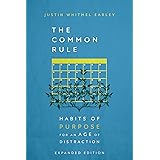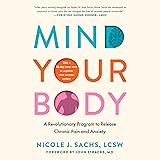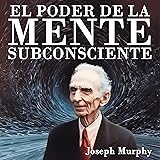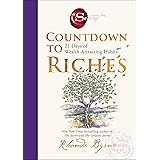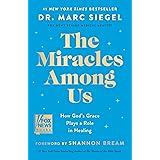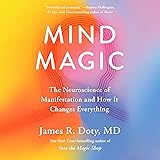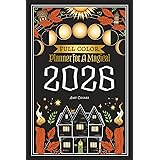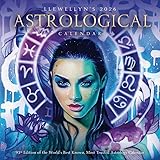Perhaps you’ve noticed that the number four seems to appear everywhere, or maybe you think it’s significant that you were born on January 1 (or 11/11). Numerology is the practice of interpreting numbers and numerical patterns to gain insight into your personality and life path. While many people have skepticism about the subject, others say that recurring numbers like 4:44 or 111 are signs from a higher power and can provide clues to your future.
The word “numerology” comes from the Greek philosopher Pythagoras, who believed that numbers had mystical properties. His theory that all things vibrate to a certain frequency was later echoed by the Hebrews in a system called Gematria and the ancient Greeks in a process called Isopsephy, whereby letters of words were correlated with specific numbers.
To determine a person’s numerology chart, a numerologist reduces the numbers in a date of birth down to a single digit (excluding the numbers 11, 22, and 33, which are considered Master Numbers). The sum is then used to interpret characteristics such as strength, weaknesses, and potential for success.
The practice is also used to analyze a person’s relationships and career paths by looking at other numbers, such as their Expression Number, Relationship Number, and Heart’s Desire Number. However, it’s important to remember that numerology shouldn’t be taken as gospel and shouldn’t replace self-awareness and hard work.
